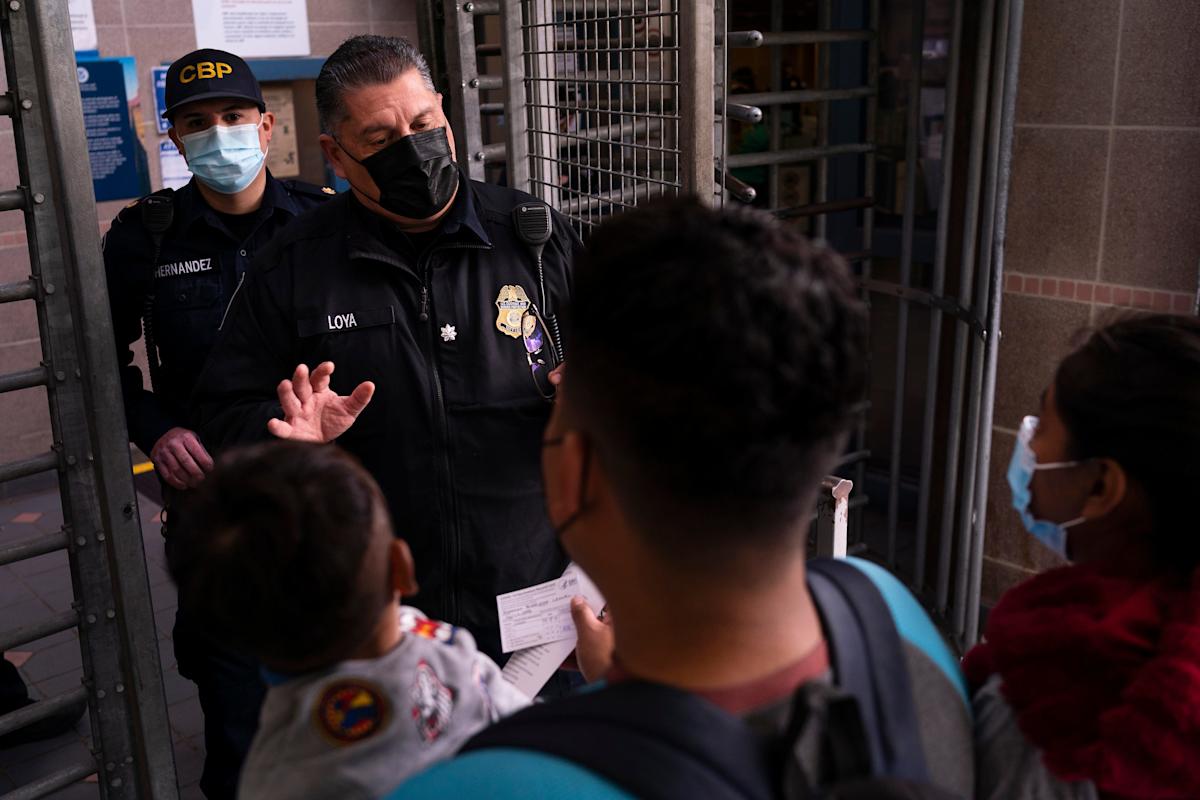New Texas Mosque Encounters Restrictions: Challenges For Growing Muslim Community

Table of Contents
Legal and Regulatory Hurdles Facing New Mosque Construction in Texas
Navigating the legal landscape for building a mosque in Texas presents unique challenges. Many hurdles stem from existing zoning laws and building codes, often resulting in delays, increased costs, and, in some cases, outright denial of permits.
Zoning Regulations and Land Use Restrictions
Texas zoning laws, designed to regulate land use, often inadvertently create barriers for mosque construction. These regulations can be inconsistently applied, leading to discriminatory outcomes.
- Examples of discriminatory zoning ordinances: Some cities have zoning regulations that restrict the size or placement of religious buildings in certain areas, disproportionately affecting larger congregations.
- Cases of denied permits: Several instances have emerged where applications for mosque building permits have been denied, citing vague or inconsistently enforced zoning regulations. The appeals processes, often lengthy and expensive, add further obstacles.
- Lack of transparency: The lack of clear guidelines and transparency in the application process can further disadvantage applicants seeking to build mosques.
This highlights the need for reform in Texas zoning laws to ensure equitable treatment of all religious institutions, including preventing discriminatory practices when issuing mosque building permits. The inconsistent application of land use regulations in Texas needs to be addressed to promote religious freedom.
Building Codes and Safety Requirements
Stringent Texas building codes and safety regulations, while important for public safety, can significantly increase the cost and complexity of mosque construction. This can be particularly burdensome for smaller communities with limited financial resources.
- Increased construction costs: Compliance with often-extensive building code requirements frequently leads to higher construction costs compared to other types of religious building construction. These added expenses can make building a mosque financially prohibitive for some communities.
- Discriminatory enforcement: Concerns exist that building code enforcement is sometimes applied more rigorously to mosques than to other religious structures, creating a further impediment.
- Delays in construction: Meeting all building code requirements can significantly delay the construction process, prolonging the time it takes for the community to have a dedicated place of worship.
Addressing these issues requires a careful review of Texas building codes to ensure they are applied fairly and consistently across all religious institutions. Transparency and clear guidelines are needed to alleviate unnecessary burdens on mosque safety regulations compliance.
Community Opposition and Potential Discrimination
Beyond legal hurdles, the construction of new mosques in Texas often faces opposition from local communities, frequently fueled by misunderstanding and misinformation.
NIMBYism and Local Resistance
The "Not In My Backyard" (NIMBY) phenomenon is a significant obstacle. This opposition manifests in various ways, creating substantial challenges for building projects.
- Community protests: Protests and demonstrations against mosque construction are not uncommon, often fueled by misinformation and fear.
- Petitions against mosque construction: Local residents may circulate petitions to block mosque construction, leveraging their political influence to delay or prevent the project.
- Misinformation campaigns: Spreading misinformation about Islam and the activities of mosques can incite fear and prejudice within the community.
Overcoming mosque opposition in Texas requires targeted efforts to address misinformation and build community trust.
Addressing Concerns Through Community Engagement
Proactive community engagement is crucial to foster understanding and alleviate concerns.
- Open houses and community dialogues: Organizing open houses and facilitating dialogues between mosque representatives and community members can build trust and address misconceptions about Islam.
- Interfaith initiatives: Collaboration with other religious organizations can foster a spirit of interfaith understanding and solidarity.
- Addressing misconceptions about Islam: Openly and respectfully addressing common misconceptions about Islam is essential to counteract negative narratives.
Successful community outreach for mosques requires a multifaceted approach focusing on education, dialogue, and collaboration, helping bridge divides and promote inclusivity. Building bridges in Texas communities requires a commitment to mutual respect and understanding.
The Impact on the Growing Muslim Community in Texas
Restrictions on mosque construction have far-reaching consequences for the Muslim community in Texas.
Limited Access to Places of Worship
The lack of easily accessible mosques directly impacts the ability of Muslims to practice their faith freely.
- Increased travel distances: The scarcity of mosques forces many Muslims to travel long distances to attend prayers and religious services, creating significant inconvenience.
- Impact on community cohesion: Limited access to mosques hampers the development of strong community bonds, as opportunities for social interaction and religious gatherings are reduced.
- Limitations on religious services and gatherings: Restricted access to suitable facilities limits the scope and frequency of religious services and community events.
Ensuring adequate access to worship for the growing Muslim community in Texas is fundamental to upholding religious freedom.
Socioeconomic Implications
Restrictions on mosque construction have broader socioeconomic implications, affecting the community's financial stability and social integration.
- Increased costs for land acquisition and construction: The challenges encountered in obtaining permits and facing community opposition drive up the costs associated with land acquisition and construction.
- Potential for segregation and isolation: Difficulties in securing appropriate locations for mosques may lead to the segregation and isolation of Muslim communities.
- Strain on resources: The financial burdens of navigating complex regulations and overcoming community opposition strain the limited resources of many Muslim communities.
Addressing the socioeconomic impact in Texas requires policies that facilitate fair and equitable access to land and resources for all religious communities.
Conclusion
The challenges faced by the new Texas mosque highlight a broader issue: the need for equitable treatment of all religious communities in Texas. The restrictions faced, from zoning challenges to community opposition, underscore the importance of addressing discriminatory practices and promoting religious freedom. It's crucial for policymakers, community leaders, and individuals to work together to ensure fair and inclusive processes for the construction and operation of mosques and other places of worship. Further research and advocacy are needed to overcome the obstacles faced by the growing Muslim community in Texas and ensure that the right to practice their faith freely is not only guaranteed but also genuinely accessible. Understanding and addressing the complex issues surrounding Texas Mosque Restrictions is paramount for fostering a truly inclusive and tolerant society. Let's work together to ensure fair and equitable access to places of worship for all.

Featured Posts
-
 Springwatch Japan Timing Locations And Best Viewing Spots For Cherry Blossoms
May 13, 2025
Springwatch Japan Timing Locations And Best Viewing Spots For Cherry Blossoms
May 13, 2025 -
 Top Filmov Dzherarda Batlera Mnenie Eksperta
May 13, 2025
Top Filmov Dzherarda Batlera Mnenie Eksperta
May 13, 2025 -
 Will Trumps Executive Order Lower Drug Costs An Analysis
May 13, 2025
Will Trumps Executive Order Lower Drug Costs An Analysis
May 13, 2025 -
 Elsbeth Season 2 Episode 16 And 17 Previews And Season Finale Speculation
May 13, 2025
Elsbeth Season 2 Episode 16 And 17 Previews And Season Finale Speculation
May 13, 2025 -
 Zvanican Spisak Glumaca Za Film Avengers Doomsday
May 13, 2025
Zvanican Spisak Glumaca Za Film Avengers Doomsday
May 13, 2025
